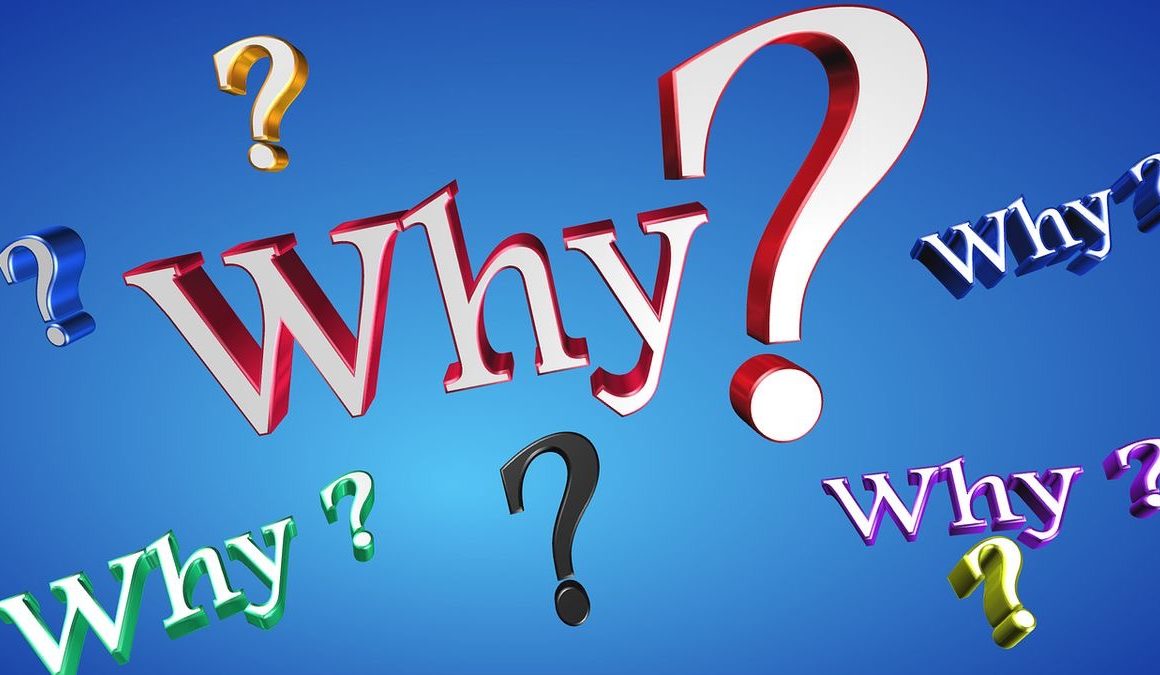
READING TIME: 3 MIN
Why her?
That question bubbled up right from the day of her extraordinary birth. Why did this happen to our daughter? Why her?
We’re not smokers, and we drink infrequently. Lisa knew she was pregnant from early on, and over the nine months she followed every rule. She didn’t take a single Tylenol. But from the moment the doctors removed her via C-section, her physical challenges were obvious. A club foot and a vertical talus. Two dislocated hips. Severe contractures of her joints. And so we asked.
Why her?
Sometimes the question reeked of self-pity. ‘Why her?’ translated to ‘Why us?’
Part of the allure of getting a genetic diagnosis was an explanation for what had happened. Syndromes have different causes, and some are anomalies. When the geneticist told us our daughter had Opitz trigonocephaly, we became consumed with the complications and the implications. As in a fairy tale, the diagnosis brought three consequences: she would have profound mental delays, she wouldn’t live to be a year old, and there was a one-in-four chance that the condition would recur in any future pregnancy.
But the diagnosis proved wrong and the geneticist recanted. And so the question rose up again in the shadows of our lives. Why, then? Why had this happened to her?
I went through a difficult period in my relationship with God, and this question weighed at its core. My faith suffered. It felt personal, as if our family had been singled out. Again I wondered why. We had always tried to be good Catholics. So why her?
People offered support, saying ‘God only gave you this burden because He knew you could handle it.’ (They didn’t realize that this seemed more like a punishment for our faith and fortitude, but we saw that they meant well.)
It took a pilgrimage to Lourdes to make my peace with God. I stopped seeing God as a thunderbolt-hurling deity and instead sought mercy.
After that, my blame was more aimless. If it wasn’t God, and it wasn’t us, was it fate? Was it just meant to be? But when bad things happen, fate is an unsatisfying explanation. It seems like another way of saying we have no idea.
Somewhere along the way, my perspective changed again. There wasn’t a moment of epiphany. Perhaps my sense of acceptance broadened. Whatever the cause, I stopped asking ‘Why her?’ Instead I thought ‘Why not her?’
I like to believe this might stem from the humbling we had experienced in our lives. Once I thought others more likely than us to have brought such a situation upon themselves by engaging in dangerous activities while pregnant. But did we deserve it less?
Then I realized that the whole notion of ‘Why her?’ is based on the assumption that what happened to Gabriella is unfortunate. But when I considered ‘Why not her?’ I also recognized that her situation, her life, is not a curse, but a blessing.
And for me, being Gabriella’s dad was an opportunity. I credit our life together with making me a better person, if only because I became more sensitive to the needs of those different from me. With making me a better leader, because she taught me to prioritize and to achieve balance. With making me a better writer, because she gave me rich material and helped me find emotional honesty. And, counter to my expectations, with making me more optimistic. Enough so that sometimes, on my best days, I ask ‘Why her?’ in a whole new way. As in, how did we get so lucky?








How did we get so lucky?
So lucky, indeed, Kathy! Our daughters are true blessings,
Paul
This my be one of my favorite of your blogs!
Thank you, Pam! It’s one of those questions that keeps growing as I consider it, until I can’t help turning it upside down in my head.
Paul